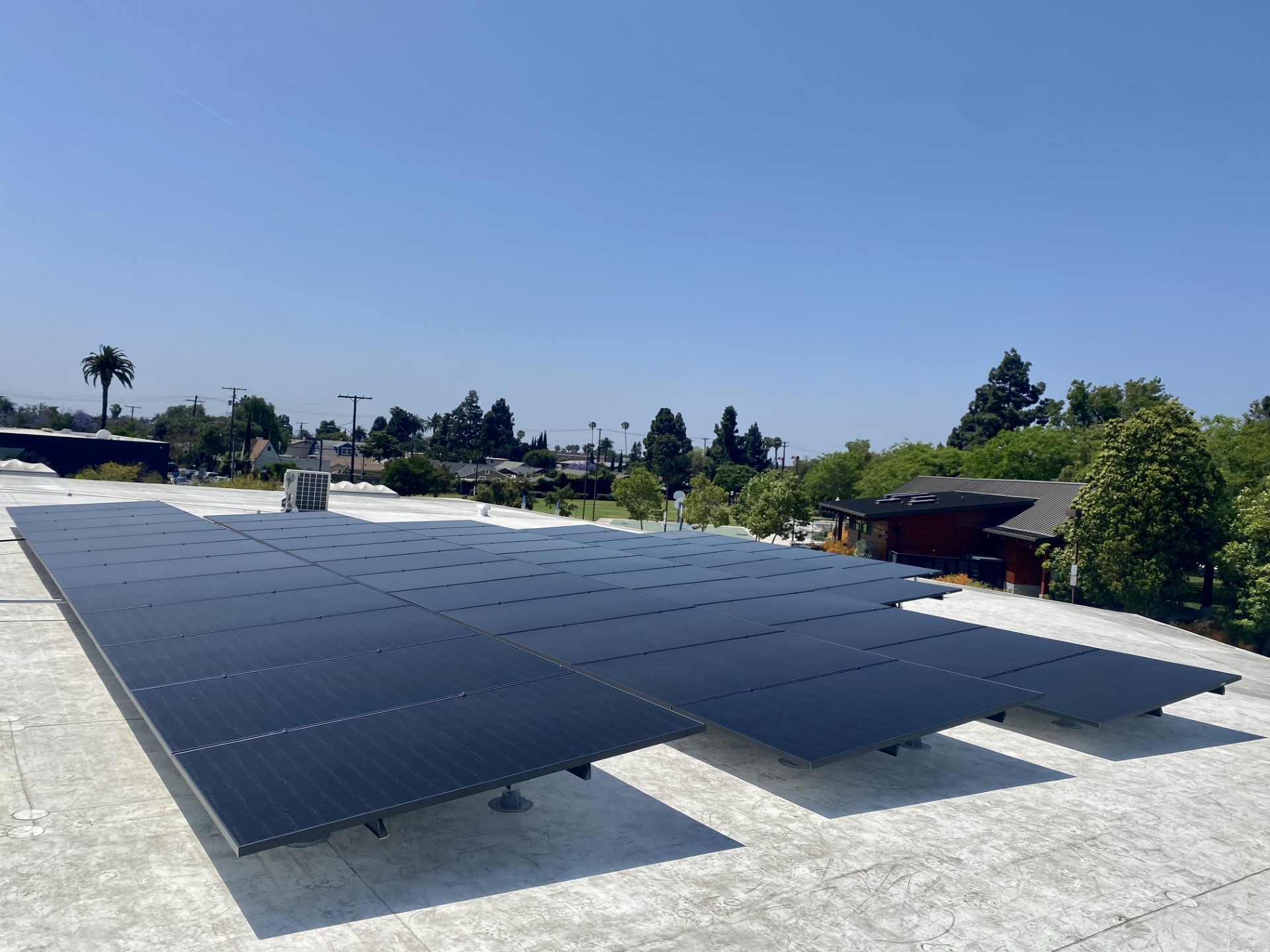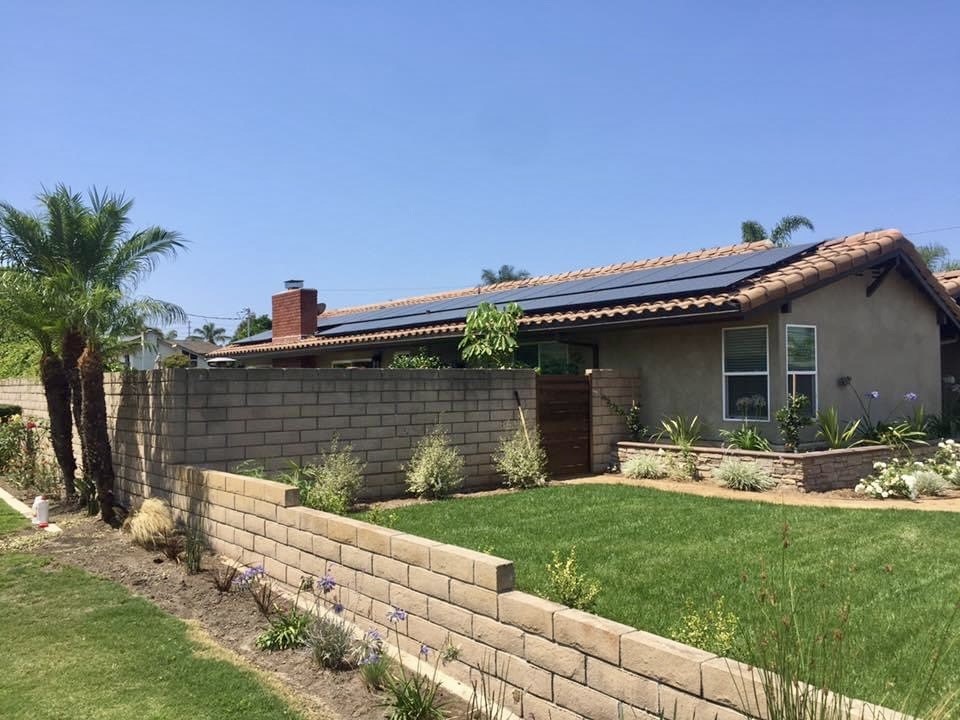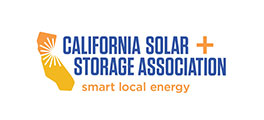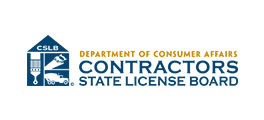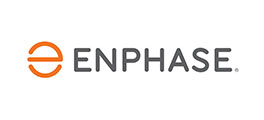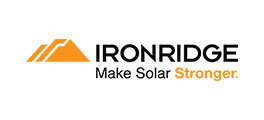
U.S. Power Grid Reliability: Are We at Risk of Summer Shortages Amid Green Energy Push?
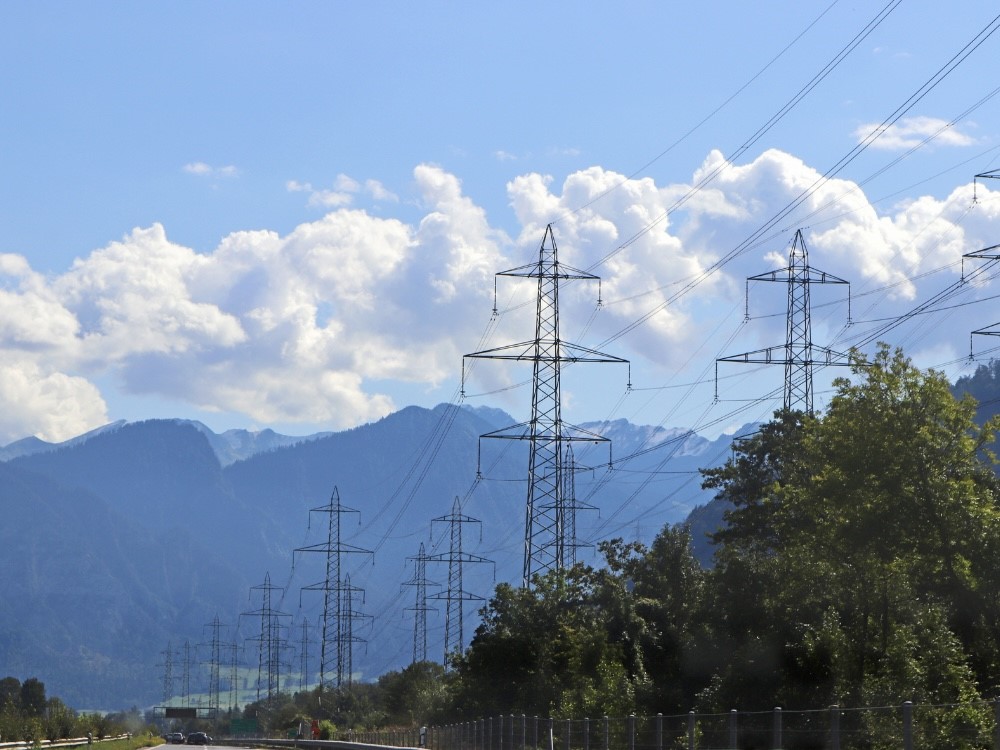
According to the North American Electric Reliability Corporation (NERC), the U.S. power grid may face insufficient reserves during high-demand periods, as highlighted in its annual summer reliability assessment.
There is an increased risk of facing shortages in the upcoming summer months, as also noted by the leading grid watchdog, primarily due to the ongoing nationwide shift towards renewable energy sources and the phased-out use of fossil fuel generation.
The electric industry is continuously confronted with a multitude of challenges arising from the swiftly evolving energy portfolio. The heightened levels of risk we are currently encountering are a result of various factors, including retirements in conventional generation observed in recent years, an evident increase in projected peak demand, Biden’s power plant regulations, and the accelerated integration of new electrical loads surpassing previous levels.
According to the NERC report, nine regional grids, encompassing all states west of Ohio, have been identified as facing heightened risks of power outages during the summer of 2023. Wind production also plays a crucial role in determining the adequacy of electricity supply on the system to ensure reliability.
Within the Western Electricity Coordinating Council (WECC) grid region, encompassing states like California, Arizona, Colorado, Oregon, Utah, Washington, and others, there is a risk of power shortages occurring during the late afternoon to evening hours. This is primarily due to the decrease in energy output from solar farms as the sun sets, leading to diminished solar generation capacity.
Meanwhile, policymakers at both the federal and state levels have been driving initiatives to shift the power grid’s reliance away from traditional fossil fuels, such as natural gas and coal, and towards a greater integration of clean energy sources like wind and solar. In addition, there has been a notable push for the expansion of electric vehicles, leading to an anticipated increase in grid demand.
Leading experts have raised concerns about the potential adverse effects on consumers if the transition is rushed.
Solar battery storage can be incredibly useful during a power outage. Here’s how it works: When there is sunlight, solar panels generate electricity and charge the battery. This stored energy can then be used to power your home or essential appliances when the grid goes down. By utilizing solar battery storage, you can maintain a source of electricity even when there’s no grid power available, providing backup power and reducing your reliance on traditional energy sources.
Solar power offers a multitude of benefits. It not only provides savings on energy bills but also contributes to a healthier environment. By harnessing renewable energy, you decrease reliance on fossil fuels and actively reduce greenhouse gas emissions. Solar panels require minimal maintenance and boast long lifespans, making them a wise investment for homeowners.
SOLAR SOURCE, a privately owned solar contracting company based in Long Beach, CA, is dedicated to delivering top-quality installations that maximize customer benefits. With the continuous rise in utility prices, there has never been a more opportune moment to embrace solar power. Reach out to us today and discover how we can assist you in transitioning to solar energy.
Recent Post
CLIENT TESTIMONIALS
Partnerships / Affiliations
Phone: (562) 852-5626
Request an estimate or keep reading to see what else makes SOLAR SOURCE different from the rest
REQUEST A FREE ESTIMATE

